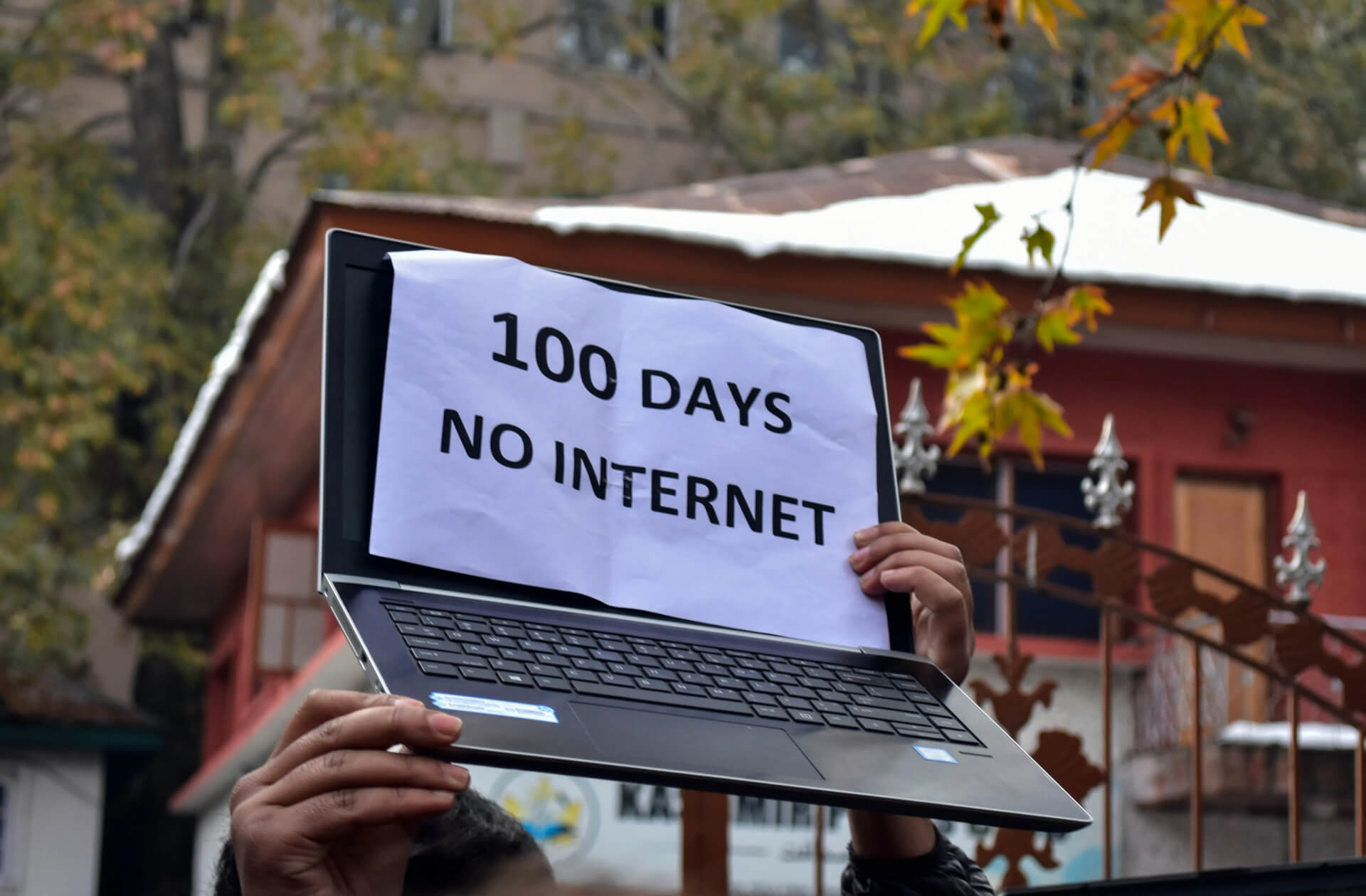A new report by the Washington DC-based non-profit Freedom House has raised concerns about the potential increase of content manipulation efforts in India ahead of the 2024 elections.
Mentioning that global internet freedom had declined for the thirteenth consecutive year in 2023, the report titled ‘Freedom on the Net 2023: The Repressive Power of Artificial Intelligence’ raised concerns about the rising use of AI by governments to spread disinformation and enable censorship.
Internet Freedom in India
Giving a score of 50 to India, the report mentions that internet freedom in India has worsened between 1 June 2022 and 31 May 2023.
It suggests that Indian users risk arrest in case of posts critical of the government and misinformation is rampantly shared online.
📉 Global internet freedom declined for the 13th consecutive year in 2023, according to our NEW #FreedomOnTheNet report.
— Freedom House (@freedomhouse) October 4, 2023
Of 70 countries covered, only 20 countries registered net gains, while 29 saw their scores deteriorate.
See the specifics: https://t.co/in3vy9C8Uq
According to the report, “Manipulated content and disinformation spread by domestic actors, including political parties and leaders, continues to permeate the online environment in India.”
The report suggests that out of the five censorship methods, including internet connectivity restrictions, blocks on social media platforms, websites, VPNs, and forced removal of content, India uses all four except VPN.
Internet Shutdowns, Cheap Internet, Gender Divide
Citing incidents of internet shutdown in Manipur, Punjab, and Haryana, the report mentions that India has been the global leader of internet shutdowns in the last five years.
Appreciating the cheap availability of internet in the country, the report says, “Access to cheap mobile data has served to bridge the digital gender divide by allowing more women to access the internet.”
However, the report highlights the gender divide in internet usage, with only 1/3 of the internet users being women.
Findings of the Report
The report has attributed the decline of internet freedom globally partially to the use of AI to sow disinformation and enhance content censorship.
Global internet freedom declined for a thirteenth consecutive year in 2023, partially as a result of AI being used to sow disinformation and enhance content censorship, according to a new report https://t.co/qau7dTga4E
— TIME (@TIME) October 4, 2023
The report is the 13th edition of an annual edition of the study of human rights online and was published on 4 October.
According to the report, Iceland emerged as the country with the best internet freedom climate, with a score of 94 out of 100.
Further, China emerged at the last position for its internet freedom for the ninth consecutive year, with Myanmar coming close to surpassing it.
The year’s largest decline occurred in Iran, followed by the Philippines, Belarus, Costa Rica, and Nicaragua.
The report mentions that the environment for human rights online has deteriorated in 29 countries, with only 20 countries registering net gains.
Protective Role for AI
The report mentions that AI has allowed governments to enhance and refine online censorship.
According to the report’s findings, advances in AI are amplifying a crisis for human rights online.
The report mentions that while AI carries a significant potential for harm, it can also play a protective role if the democratic community learns the proper lessons from the era of internet regulation.

